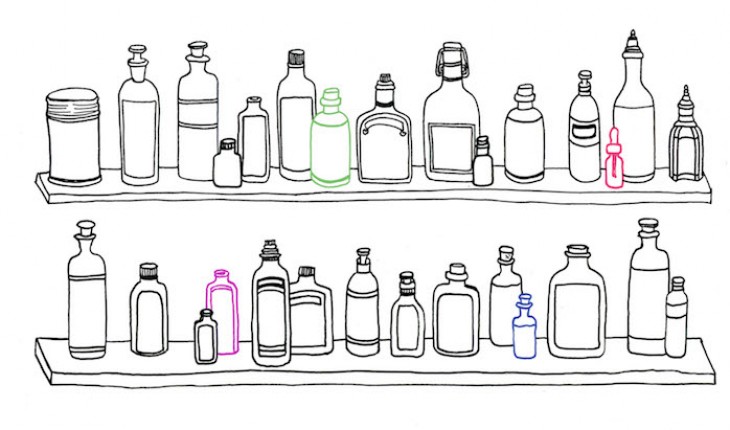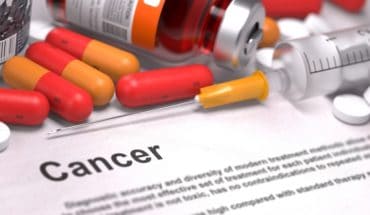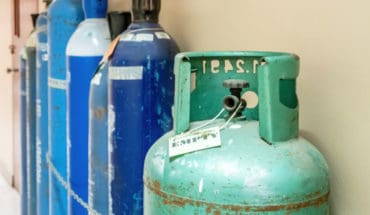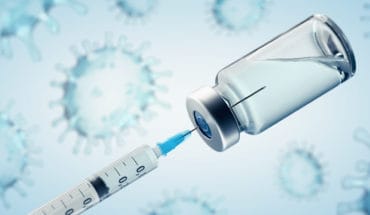Heart transplant rejection
Last year there were 145 heart transplant operations carried out in the UK, which is a life-saving treatment for people with acute heart failure. People who have undergone this procedure do need to take drugs that suppress the immune system for the rest of their lives or their bodies will reject the new heart.
In a small number of people, this isn’t enough and they can reject the new heart. Grade 3 is the most severe type of rejection and can be fatal.
The Heartsbreath test, developed by Menssana Research in the US, is licensed by the FDA as is a non-invasive breath test for markers of oxidative stress which may predict the probability of grade 3 rejection in heart transplant recipients who received their transplants in the preceding year. Patients breath into a device which collections the gases and olatile organic compounds in breath.
By analysing the sample, using mass spectrometry and gas chromatography which are lab test doctors can determine if a patient is likely to suffer severe rejection. In this case, steps can be taken to try and prevent it, like increasing drug therapy. In a 2004 study, published in the American Journal of Cardiology, it was found to be 100 per cent accurate at predicting grade 3 heart transplant rejection.
Breast cancer
A breath test which can detect breast cancer has been developed in the US and is already for sale in Europe. The BreathLink kit involves a gis being developed by a US firm and is already on sale in Europe. It begins with a woman breathing for two minutes into a breathalyser.
The air is fed into a machine which analyses the levels of chemicals. The results are crunched by a computer, which determines whether the chemical pattern is a sign of breast cancer.
Research published in the journal PLoS ONE shows it to be at least as accurate as mammograms.
Michael Phillips, a professor of medicine at New York Medical College, and the brains behind the breath test, said: ‘We know that if you get a negative result on the breast test, there is a better than 99.9 per cent chance that a woman doesn’t have breast cancer.
Makers of the new test say it may reduce the need for uncomfortable mammograms
In the pipeline
Gastric cancer
When scientists in Isreal recently announced in the journal Gut, that they have developed a breath test which could detect early gastric cancer, it was seen as another step forward in the evolution towards non-invasive breath tests which may even be able to predict disease.
Researchers at the Russell Berrie Nanontechnology Institute in Haifa hope that the test, which is so accurate that it tell the difference between early and late stage cancer, could soon be used as an alternative to endoscopies, an invasive and expensive procedure to diagnose gastric cancers using a long flexible tube. Research leader Professor Hossam Haick of the Russell Berrie Nanotechnology Institute in Haifa, said: ‘The attraction of this test lies in its non-invasiveness, ease of use, rapid predictiveness, insensitivity to confounding factors, and potentially low cost.’
‘This study is exciting because it is the first time that scientists have developed a test based on a ‘finger print’ of different chemicals that can detect this early. In the past, they have been looking for a golden bullet, one magic chemical, but this was the wrong approach,’ says Professor Paul Monks.
- Gut microbiome could delay onset of type 1 diabetes - 3rd April 2025
- The da Vinci 5 Robot Is Set To Transform Bariatric Care: - 31st March 2025
- Beyond money: the hidden drivers fuelling child food insecurity - 31st March 2025






